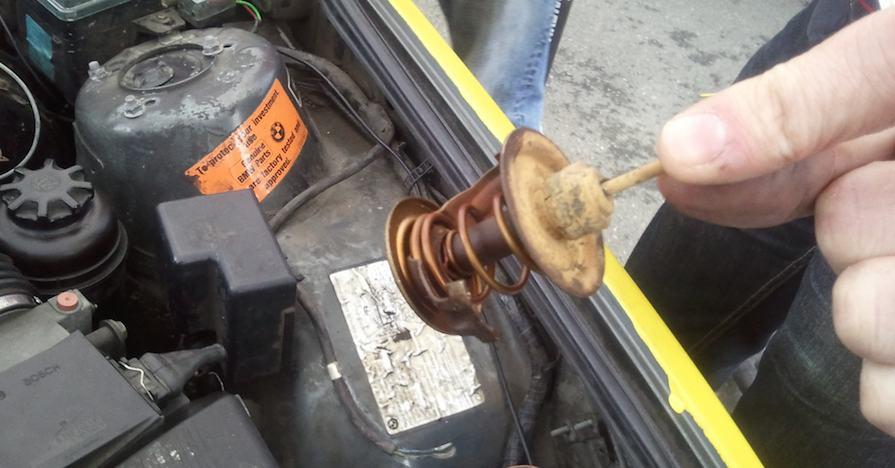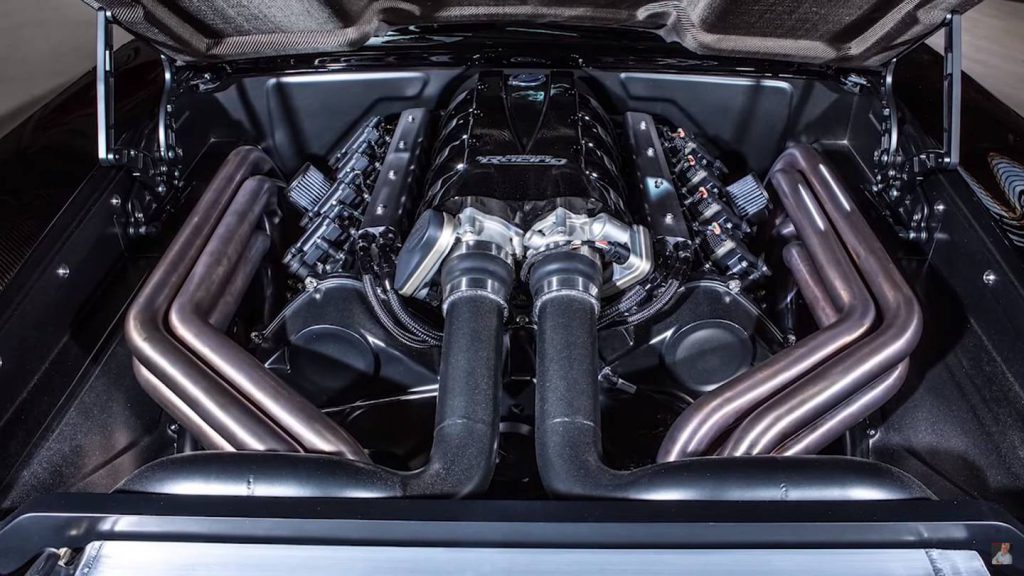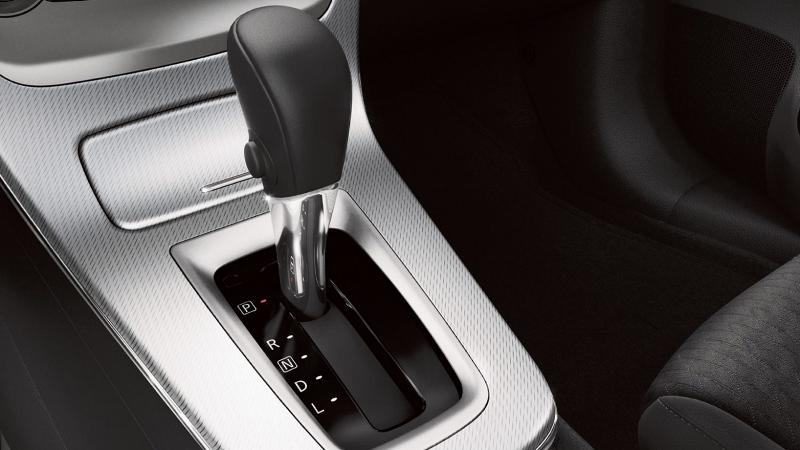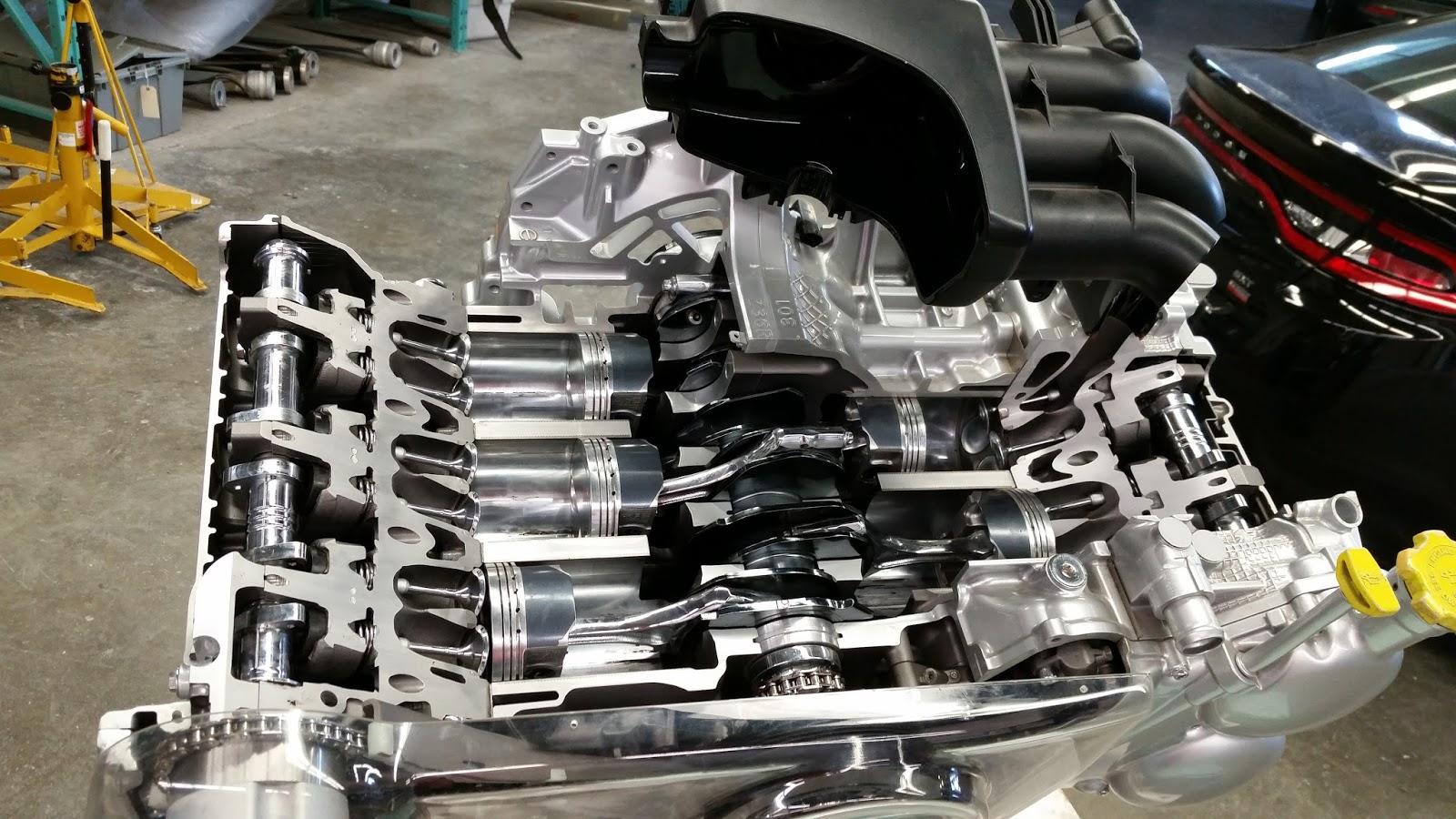Symptoms Of A Bad Thermostat – Detect The Ominous Signs
The thermostat of a car does the job of regulating the coolant flow through the engine. It is a vital component in running the engine’s operation. The symptoms of a bad thermostat are something that you have to be aware of because the problems occur out of the blue. It could be an overheated car or lower temperature gauge, or something else.
Symptoms Of A Bad Thermostat: How To Detect The Ominous Signs
The thermostat keeps coolant circulating when the engine is hot enough, and it closes when the engine is cold – for example when your car is first started. This causes the engine to warm up faster. Surprisingly, this is an inexpensive part and is very easy to replace, but if it breaks or malfunctions, it will cause your engine to overheat and lead to unpredictable engine damage.
How can you be sure of the symptoms of bad thermostat in car? Well, it gets stuck in an open or closed position when it becomes defective. A bad thermostat is bad news because late fixing can ruin the engine.
You should look for these symptoms of a bad thermostat and act immediately if it is found failing. Some signs may come from different sources like a failing radiator, drive belt, water pump, or fan. The only way to be sure is to check the thermostat when your car shows the following traits:
Overheated car
A thermostat is a heat-controlling component that sits on the radiator hose. Under normal circumstances, it opens up for the antifreeze to flow into the engine when the later reaches its normal operating temperature. The coolant regulates the engine’s heat. When the thermostat is closed, the coolant cannot flow, causing the engine temperature to rise.

See more :
An overheated vehicle is one of the most common symptoms of stuck thermostat. However, a malfunctioning cooling system can also be the culprit. You should examine both components to locate the source of trouble.
Under-heated car
If the thermostat is trapped in an open position instead of a closed one, the engine temperature will be lower than the normal level. An open thermostat means a constant flow of antifreeze to the engine, leaving the car to struggle with achieving the right temperature.
It is definitely one of the signs of a bad thermostat when the temperature gauge needle hovers around the lower side despite driving the car for a few minutes.
Variations of temperature
Faulty thermostat symptoms are likely to lead to temperature fluctuations. Whenever you drive the car, the engine temperature will go up and down. It happens not because of a stuck thermostat bit for its malfunctioning state that sends false readings. For this reason, the coolant in the radiator does not have a normal flow, causing errors in the changing of the engine temperature.

Under-performing engine
Symptoms of a bad thermostat will ultimately lead to poor engine performance. It is likely to happen because the malfunctioning device is unable to control the temperature. When your car gives less gas mileage, diagnose the thermostat along with other components.
If you notice any of these bad car thermostat symptoms, take prompt action. You can repair it or install a new one given that you have enough mechanical knowledge. Otherwise, take the car to a mechanic before the engine catches any defect.
Watch more:
How To Check A Car Thermostat?
Checking and replacing the thermostat (if necessary) is not difficult, but there are some important notes when doing so:
- Most cars have a thermostat located near the top of the engine. However, if you drive a Subaru, you may have to crawl under the car to access this part.
- Remove the hose to the thermostatic valve housing, loosen the bolts holding the top of the housing in place, open it up, and use a rag to wipe off any coolant stains there and you will see the thermostatic valve.
- Remove the thermostat and carefully remove any remaining gasket residue. If you have determined that the thermostat valve is broken, you just need to replace it with a new one in this position and make sure to install it in the correct direction. Then, replace the gasket with a new one, tighten the bolts, and reinstall the hose.














